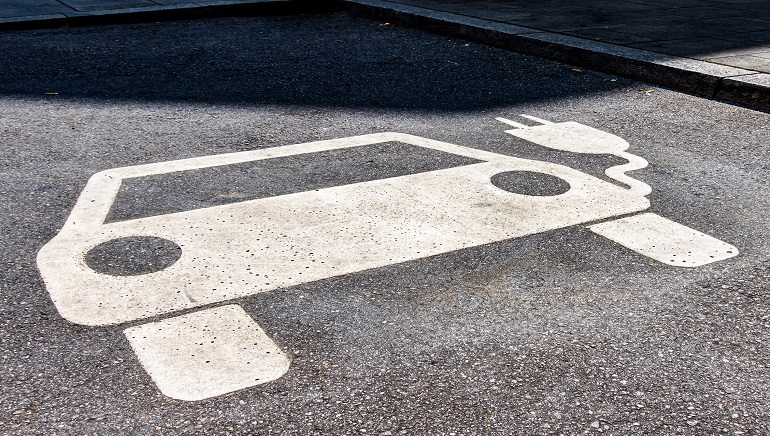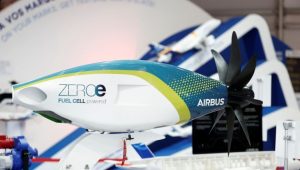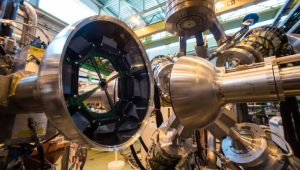A team of scientists at the Massachusetts Institute of Technology (MIT) has developed a low-cost energy storage system using cement, water and carbon black, a fine black powder primarily formed of pure carbon.
The device – a supercapacitor – works like a rechargeable battery and could be integrated into roads and building foundations to facilitate the renewable energy transition, believe the researchers.
Unlike batteries, which rely on materials in limited supply such as lithium, the technology could be produced cheaply with materials that are readily available – cement and carbon black. The technology could ease the use of renewable energy sources such as solar, wind, and tidal power by permitting energy networks to remain stable despite fluctuations in the supply.
The researchers expect that their supercapacitor in due course could be incorporated into the concrete foundation of a house – and help store a day’s worth of energy – or used in a concrete roadway, providing contactless recharging for electric vehicles as they take that road.
The details of the technology were carried in the journal PNAS, in a paper by MIT Professors Franz-Josef Ulm, Admir Masic, and Yang-Shao Horn, and four other researchers at MIT and the Wyss Institute for Biologically Inspired Engineering.















